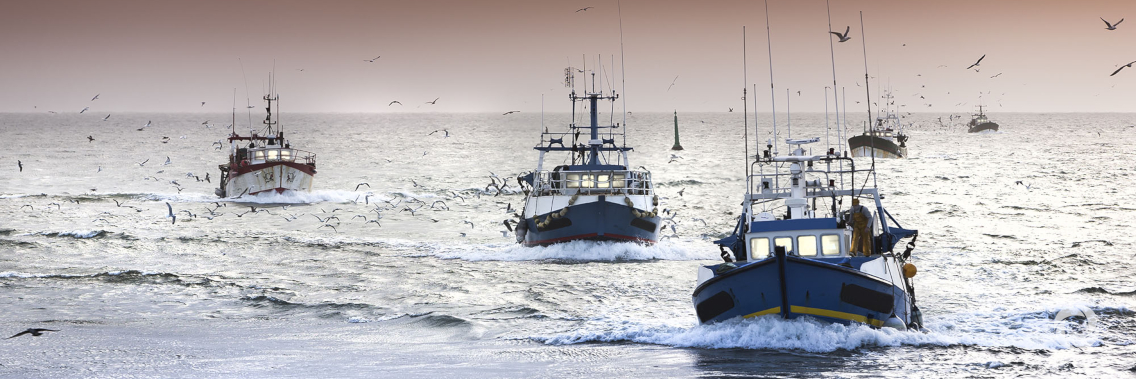The fisheries sector is making an increasingly important contribution to food security and livelihoods, however more needs to be done to improve working conditions which remain dangerous for many people, FAO Deputy Director-General for Climate and Natural Resources, Maria Helena Semedo, said.
Semedo was speaking at a World Fisheries Day 2019 special event jointly organized by FAO, the Vatican and the International Labour Organization (ILO) in Rome. The event was held on the closing day of the International Symposium on Fisheries Sustainability organized by FAO.
FAO has been working closely with governments, international partners and those working in the industry to tackle illegal, unreported and unregulated fishing and ensure that fishers’ rights are protected.
“Every hour four fishers die doing their job – not just men, women too,” Semedo said. “Human rights violations and unacceptable practices at different stages of the value chain are increasing in fisheries and aquaculture.”
Marine and inland fisheries are critical to food and nutrition. But some 33 percent of marine stocks are being fished at biologically unsustainable levels – triple the rate recorded 40 years ago. Demand is expected to grow by 20 percent by 2025 as the world’s population rises. Globally, over one in ten people depend on fishing to make a living and feed their families
Semedo said FAO recognizes there are clear links between illegal, unreported and unregulated fishing and safety concerns at sea. She called for better and more coherent action in promoting sustainability and fishworkers’ safety.
FAO has developed a number of international instruments designed to promote dialogue, policy processes and action leading to sustainable fisheries management in line with the UN’s Sustainable Development Goals.
FAO is also working with the Holy See and the ILO on guidance documents to support social sustainability through the value chain from harvesting through production and processing.
Original source: FAO
Published on 21 November 2019

